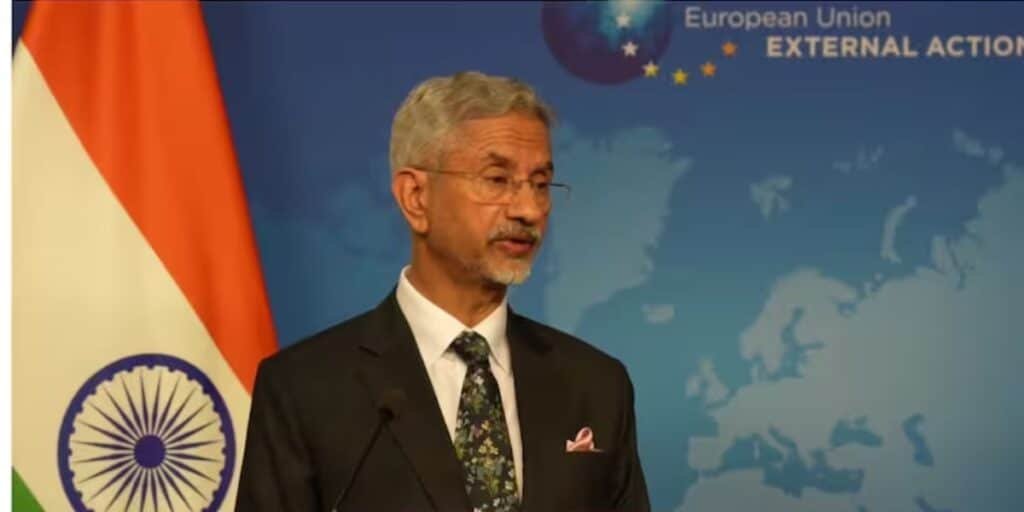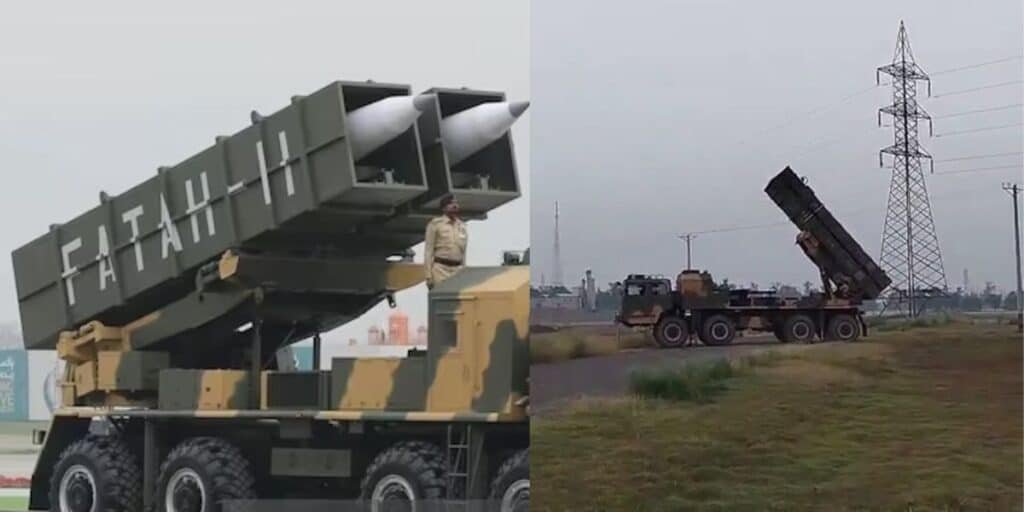For the first time since surviving a Taliban attack in 2012, Nobel laureate Malala Yousafzai returned to her hometown, Barkana, in Khyber Pakhtunkhwa’s Shangla district on Wednesday.
Malala, who was just 15 when she was shot by the Pakistani Taliban for advocating girls’ education, has since become a global icon for women’s rights. In 2014, she was awarded the Nobel Peace Prize, making her the youngest recipient in history.
Malala, who has lived in the United Kingdom since 2012, arrived in Barkana via helicopter, accompanied by her father, Ziauddin Yousafzai, and her husband, Asser Malik. She was welcomed by family members and visited her ancestral graveyard before spending time with her uncle, Ramazan, who recently underwent heart surgery in Islamabad.
One of the key highlights of her visit was a tour of the school and college she established in Barkana in 2018. The institution, which provides free education to nearly a thousand girls, was built to address the severe lack of educational facilities in the district.
Malala met with students, inspected classrooms, and encouraged them to pursue education as a means of securing a brighter future. “Education is the most powerful tool for change,” she told them.
The Karora Station House Officer (SHO) Amjad Alam Khan, who confirmed details of her visit, said the Malala Fund remains committed to ensuring high-quality education for girls in the region.
Education activist Shahzad Roy, who runs the Shangla Girls School and College under Zindagi Trust, was also present. He briefed Malala on the institution’s progress and the facilities being provided to students.
Before departing for Islamabad, Malala also visited her maternal family’s home and spent time with relatives.
Her trip comes just weeks after she attended a summit in Islamabad on girls’ education in Muslim nations, where she strongly criticized the Taliban’s policies, calling them a form of “gender apartheid.”
Malala has visited Pakistan multiple times in recent years, including in 2018—her first trip since being attacked—and again in 2022 to meet victims of the devastating monsoon floods.
As she continues her advocacy on the global stage, her return to Shangla serves as a reminder of how far she has come—and how much work remains in the fight for girls’ education.






